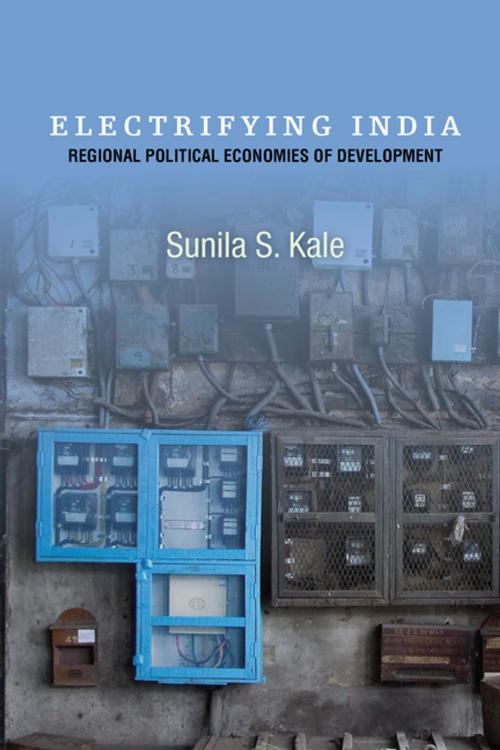Electrifying India
Regional Political Economies of Development
Nonfiction, Social & Cultural Studies, Political Science, Politics, Economic Conditions| Author: | Sunila S. Kale | ISBN: | 9780804791021 |
| Publisher: | Stanford University Press | Publication: | April 9, 2014 |
| Imprint: | Stanford University Press | Language: | English |
| Author: | Sunila S. Kale |
| ISBN: | 9780804791021 |
| Publisher: | Stanford University Press |
| Publication: | April 9, 2014 |
| Imprint: | Stanford University Press |
| Language: | English |
Throughout the 20th century, electricity was considered to be the primary vehicle of modernity, as well as its quintessential symbol. In India, electrification was central to how early nationalists and planners conceptualized Indian development, and huge sums were spent on the project from then until now. Yet despite all this, sixty-five years after independence nearly 400 million Indians have no access to electricity. Electrifying India explores the political and historical puzzle of uneven development in India's vital electricity sector. In some states, nearly all citizens have access to electricity, while in others fewer than half of households have reliable electricity. To help explain this variation, this book offers both a regional and a historical perspective on the politics of electrification of India as it unfolded in New Delhi and three Indian states: Maharashtra, Odisha, and Andhra Pradesh. In those parts of the countryside that were successfully electrified in the decades after independence, the gains were due to neither nationalist idealism nor merely technocratic plans, but rather to the rising political influence and pressure of rural constituencies. In looking at variation in how public utilities expanded over a long period of time, this book argues that the earlier period of an advancing state apparatus from the 1950s to the 1980s conditioned in important ways the manner of the state's retreat during market reforms from the 1990s onward.
Throughout the 20th century, electricity was considered to be the primary vehicle of modernity, as well as its quintessential symbol. In India, electrification was central to how early nationalists and planners conceptualized Indian development, and huge sums were spent on the project from then until now. Yet despite all this, sixty-five years after independence nearly 400 million Indians have no access to electricity. Electrifying India explores the political and historical puzzle of uneven development in India's vital electricity sector. In some states, nearly all citizens have access to electricity, while in others fewer than half of households have reliable electricity. To help explain this variation, this book offers both a regional and a historical perspective on the politics of electrification of India as it unfolded in New Delhi and three Indian states: Maharashtra, Odisha, and Andhra Pradesh. In those parts of the countryside that were successfully electrified in the decades after independence, the gains were due to neither nationalist idealism nor merely technocratic plans, but rather to the rising political influence and pressure of rural constituencies. In looking at variation in how public utilities expanded over a long period of time, this book argues that the earlier period of an advancing state apparatus from the 1950s to the 1980s conditioned in important ways the manner of the state's retreat during market reforms from the 1990s onward.















